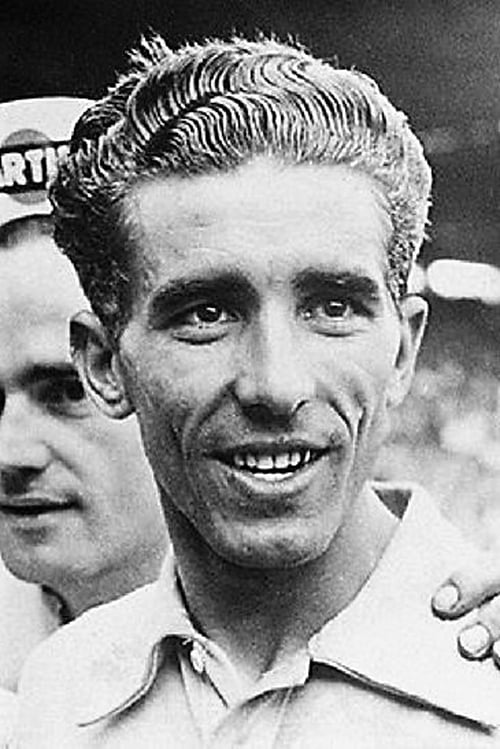Federico Martín Bahamontes
Nascimento : 1928-07-09, Santo Domingo-Caudilla, Toledo, Spain
História
Federico Martín Bahamontes, born Alejandro Martín Bahamontes; born 9 July 1928), is a Spanish former professional road racing cyclist. He won the 1959 Tour de France and a total of 11 Grand Tour stages between 1954-1965. He won a total of 9 mountain classifications and was the first cyclist to complete a "career triple" by winning the mountain classification in all three Grand Tours. Following his retirement, Bahamontes ran a bicycle and motorcycle shop and was named the best climber in the history of the Tour de France by a panel organised by L'Équipe in 2013. Bahamontes was born in Santo Domingo-Caudilla, Toledo to Julián Martín and Victoria Bahamontes. Unlike the usual custom of calling a Spaniard by the first of two surnames, Bahamontes is known by his second; there were too many with the surname Martín in his village so he took up his mother's surname. He is named after his uncle, Federico, who was the head of the family and proclaimed that Bahamontes would be called after him at the baptism in the local church. Between 1929 and 1931, his parents had three more children, all girls. Bahamontes attended a school in Toledo run by nuns, which he did not enjoy. In 1936, the Spanish Civil War broke out, but Bahamontes' father, a veteran of the Cuban War of Independence did not fight because he was too old. Along with other civilians in Toledo, however, he was enlisted by Nationalist forces to act as reinforcements as Republican forces closed in on Toledo. He managed to escape this service, but when he returned home, he found soldiers who "called themselves Communists" and ordered him to open the storehouses on the estate where the family lived. He refused, before running away, and eventually escaping the ensuing manhunt by hiding in a doorway.
The family eventually fled to Madrid in July 1936. When the family arrived, the city was held by Republican forces who had withstood an attempted invasion from the Nationalists. In October, however, Nationalist forces decided to lay siege to the city and Julián was enlisted into the Republican reserve forces and led a mule team that transported supplies. Meanwhile, Bahamontes, along with his mother and sisters, escaped to the village of Villarrubia de Santiago due to the intensifying air raids in Madrid. They were joined by Julián after the war, but the family continued to struggle; as he had been with the Republicans, the losing side, Bahamontes' father received no pension and he was forced to break rocks for road construction in order to earn enough money for the family. The young Bahamontes resorted to theft in order to sustain himself and the family; he would jump into the trailers of lorries from a bridge over a road before filling a bag with food from the trailer. He also dug out live ammunition from civil war trenches to sell as scrap metal. ...
Source: Article "Federico Bahamontes" from Wikipedia in English, licensed under CC-BY-SA 3.0.


